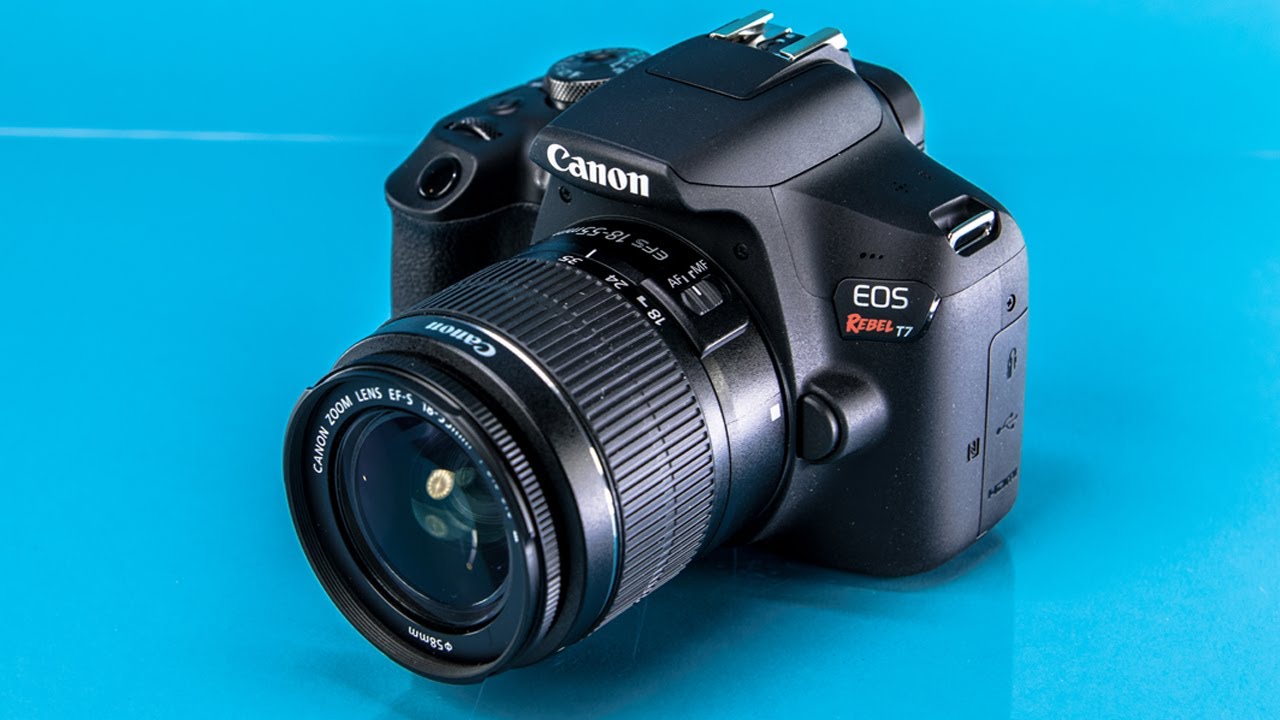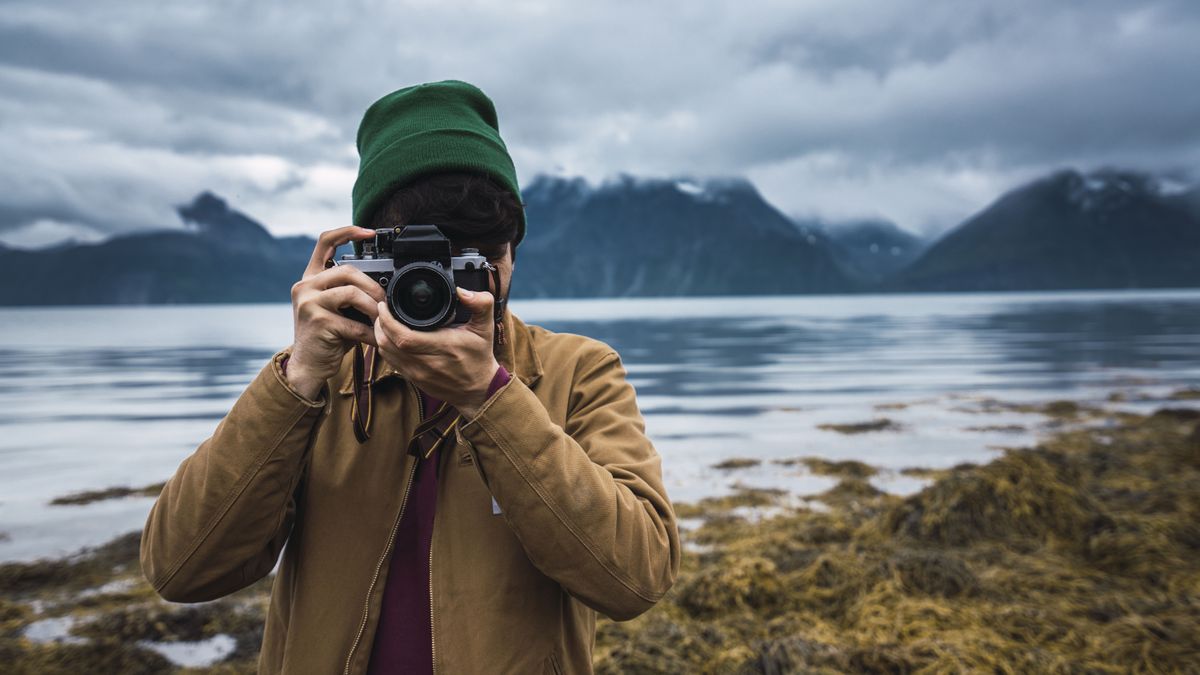Decoding Photography: What is a Great Camera for Beginners?
Introduction
Photography, an alluring art form capturing moments in time, performances, nature, or human emotions, is a medium with a broad appeal. Popular for its intricate blend of creativity and technique, it attracts enthusiasts from various walks of life. For budding photographers, however, the journey begins with one pivotal decision - choosing an apt beginner’s camera. This comprehensive guide aims to demystify this initial hurdle, exploring features of a great beginner camera, recommended models, and the influence of your photographic goals on your camera choice. It’s a one-stop guide to understanding what is a great camera for beginners.
What Marks the Ideal Start for a Beginner in Photography?
Stepping into the field of photography requires some key considerations and decisions. As a beginner, setting out correctly on your creative journey is crucial. This constitutes:
• Choice of Photography Type: Your journey's blueprint typically revolves around the type of photography that interests you, whether it’s landscapes, portraits, wildlife, or macro.
• Budget Consideration: The financial investment in a camera that aligns to your desires is a matter of importance.
• Understanding Basics: Familiarizing and mastering fundamentals such as exposure, aperture, shutter speed, and ISO, forms the foundation of your skill set.
• Camera Usability: A priority for beginners should be a camera that enables easy navigation through these manual controls.
• Potential for Growth: It's crucial to opt for a camera that leaves room for skill advancement and refinement over time, ensuring the camera grows with you.
What Does a Great Beginner Camera Look Like?
Essential Features in a Marble-Starting Camera
The transition from a smartphone or casual point-and-shoot camera to a more dedicated photography camera can be quite overwhelming for beginners. From different types of sensors and lenses, to various shooting modes, the ideal beginner's camera needs to have a balance of several key features. Let's break down what you should look for in a beginner's camera:
1. User-Friendly: The camera should be easy to navigate with controls that are accessible and simple for beginners to understand. A steep learning curve can make a novice lose interest quickly.
2. Lightweight and Durable: An ideal newbie camera is sturdy yet lightweight, making it comfortable to hold and carry around for extended periods.
3. Functional Flexibility: The camera should boast a mix of automatic, manual, and multiple scene modes. This allows beginners to experiment with different settings while understanding the core principles of photography.
4. Image Quality: Cameras that have larger sensors usually deliver better image quality and stronger performance in low-light conditions. Even though a higher resolution or megapixel (MP) count can seem appealing, anything over 16MP is more than enough for most beginners.
5. DSLR vs. Mirrorless: As a beginner, you may be torn between DSLR and mirrorless cameras. While DSLRs are known for their extensive battery life, mirrorless cameras generally offer quicker system speed.
6. Future Upgrades: Choose a camera that would accommodate future lens upgrades for specific types of photography, giving you a room for growth as your skills develop.
Remember, the best beginner camera isn't necessarily the one with the most features. It's the one that allows you to learn and grow at your own pace.
Which Are the Recommended Cameras for Beginners and Why?
When embarking on a photographic journey, a camera that strikes the right balance between user-friendly features and high-quality image production is ideal. Selecting the right beginner's camera sets the stage for your budding photographic skills.
Let's navigate through the comparisons and features of some of the popular beginner-friendly cameras:
Nikon D3500: A Useful Tool for Newcomers
- Pros:
- The Nikon D3500 stands out with its overwhelming simplicity, making it perfect for beginners.
- It offers excellent image quality, comparable to higher-end DSLRs.
- It provides comprehensive guidance, thanks to its unique Guide Mode that helps beginners navigate through basic controls.
- Cons:
- It lacks an articulating screen that can potentially limit the range of creative angles.
Canon EOS 250D/Rebel SL3: A Blend of User-friendliness and Quality
- Pros:
- Canon EOS 250D is renowned for its user-friendly features and the quality of the images it produces.
- It comes with a guided user interface that enhances the learning process for beginners.
- Other standout features include 4K video capabilities.
- Cons:
- Compared to other cameras in this list, this DSLR is quite heavy which might not suit all users.
Fujifilm X-T200: Sleek and Functional
- Pros:
- Fujifilm X-T200 offers a blend of style and functionality.
- Notable features include a huge 3.5-inch touchscreen, and 4K video capabilities that make this camera unique.
- It also tends to produce images with excellent quality.
- Cons:
- Despite these fantastic features, it lacks a built-in viewfinder which some photographers prefer.
Olympus OM-D E-M10 Mark III: Compact and Convenient
- Pros:
- The compact nature of the Olympus OM-D E-M10 Mark III is one of its standout features.
- It is user-friendly and ideal for beginners on the go.
- 4K video and image stabilization add to its list of impressive features.
- Cons:
- However, when put against its competitors, the Olympus OM-D E-M10 Mark III doesn't quite measure up in terms of its sensor size and resolution.
In conclusion, the perfect camera for beginners rests on the specific preferences and requirements of the photographer. Pondering over the pros and cons of these highlighted cameras can guide the selection process.
How Does Your Photographic Goal Influence the Choice of Camera?
Your long-term photography objectives can significantly influence the camera you choose as a beginner. Here are a few examples:
- Nikon D3500: Perfect for novices, this camera is acclaimed for its straightforward operation and exceptional image quality. It also has a 'Guide Mode' that provides a basic understanding of photography. However, the lack of an articulating screen might be a drawback for some.
- Canon EOS 250D/Rebel SL3: This model is known for its crisp image production and user-friendly nature. It delivers 4K video capabilities and offers a learning-oriented user interface. On the downside, it is bulkier than its counterparts.
- Fujifilm X-T200: This mirrorless camera stands out with features like a massive 3.5-inch touchscreen and 4K video capabilities. However, it doesn't come with a built-in viewfinder.
- Olympus OM-D E-M10 Mark III: Compact and straightforward to use, this camera supports 4K video and provides image stabilization. Nonetheless, it falls behind in the competition owing to its smaller sensor size and resolution.

It's clear, selecting a camera depends heavily on your personal needs and future photography ambitions.
Conclusion
The Nikon D3500 is noted for its great image quality and ease of use but lacks an articulating screen. Canon EOS 250D has a versatile touchscreen, but its body is comparatively more massive. Fujifilm X-T200 outshines with a huge touchscreen and 4K video but lacks a built-in viewfinder. Olympus OM-D E-M10 Mark III, although compact and user-friendly, doesn't match competition in terms of its sensor size and resolution. Hence, the choice depends heavily on personal preferences and requirements.

Related FAQs about what is a great camera for beginners
What are some of the common mistakes beginners make when buying their first camera?
Common mistakes include ignoring the compatibility of accessories like lenses, flash units, and battery systems. Other pitfalls include prioritizing high megapixel count over usability and user-friendly design or paying less attention to the size of the camera's sensor, which is crucial for image quality.
Is it necessary to spend a lot on a beginner’s camera?
While investing in a quality product is crucial, being a beginner, you need not spend excessively. It's important to balance expenditure with the understanding of photography basics. A moderately priced camera with good performance and usability should serve you well.
How much should I prioritize the camera’s brand when selecting my first camera?
Brand reputation certainly matters in terms of reliability and post-purchase services. However, it is suggested not to overly prioritize the brand over essential features, usability, and your specific requirements as a beginner photographer.


